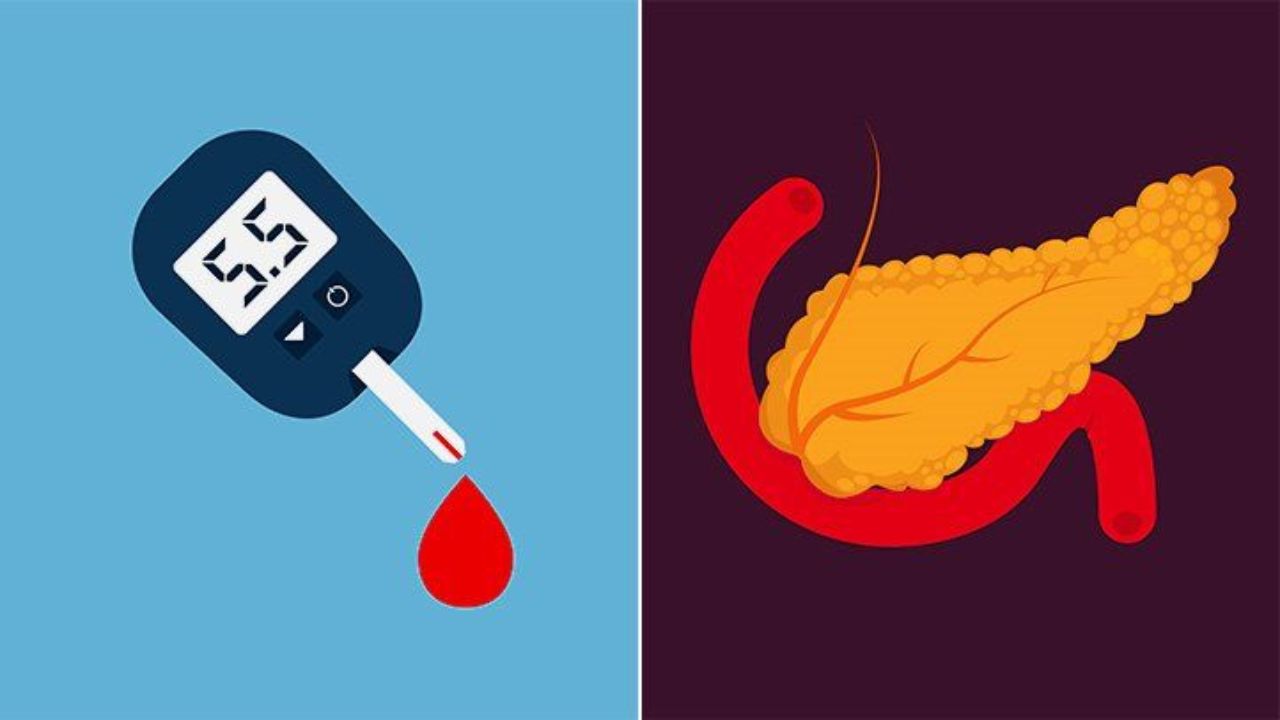Pancreatic cancer once considered rare is now a growing cause of cancer mortality. The burden of pancreatic cancer is higher in higher-income countries. It is lower in low-income countries because of the shorter life expectancy and poor access to diagnostics facilities. With an increase in age, the risk of pancreatic cancer also increases.
For India, the death rate due to pancreatic disease has increased by over five times, from 6,887 in 1990 to 30,426 in 2017, while incidence has increased from 6,824 cases to 29,059. It is often termed as a silent disease just like hypertension. It doesn’t show any symptoms in its early stage. Doctors are unable to diagnose it in a regular routine check-up. Symptoms start to appear when cancer may have spread beyond the pancreas to other body parts.
Early warning signs
- Jaundice, yellowing of the skin
- Sudden weight loss
- Dark-colored urine
- Itchy skin
- Digestive problems, abnormal stools, nausea, and vomiting
- Pain in the upper abdomen which may extend to the back
- Appetite loss
- Swollen gallbladder
- Blood clots
- Diabetes
Diabetes and pancreatic cancer
Developing diabetes might be an indication of pancreatic cancer, especially in older patients. Sometimes, pancreatic cancer may damage the cells in your pancreas that help produce insulin (the hormone that regulates your blood sugar, which is made in the pancreas), leading to high blood sugar and diabetes. Cancer may not always alter blood sugar levels enough to show signs of diabetes, but if it does, symptoms may include increased thirst, hunger, and urination. Thus, diabetes patients should also be tested for pancreatic cancer especially if the patients show any of these symptoms.
Being a diabetic, the risk of developing pancreatic cancer also increases. According to some studies, if you have type 2 diabetes or have had diabetes for several years, you may be more at risk than those with type 1 diabetes. Hence, patients need to have a good awareness of its signs and symptoms.
Risk factors
- Tobacco smoking
- Obesity
- Aging
- Eating too much red and processed meat
- Alcohol addiction
- Long term diabetes
- Long term pancreatitis
- Family history and inherited conditions
- Workplace exposure to certain,n pesticides, dues and chemicals
- Stomach infection caused by Helicobacter pylori bacteria
(Disclaimer: The content on this site is for informational purposes only, and should not be taken as professional medical advice. Always seek the guidance of your doctor or other health professionals for any questions you may have regarding your health or a medical condition.)

 Pancreatic cancer is now a concerning cause of cancer mortality. Developing diabetes might be an indication of pancreatic cancer, especially in older patients. Know some of its early warning signs and prevent it from getting advanced with timely treatment.
Pancreatic cancer is now a concerning cause of cancer mortality. Developing diabetes might be an indication of pancreatic cancer, especially in older patients. Know some of its early warning signs and prevent it from getting advanced with timely treatment.










.jpeg)



.jpg)




.jpg)





.jpeg)

.jpg)


